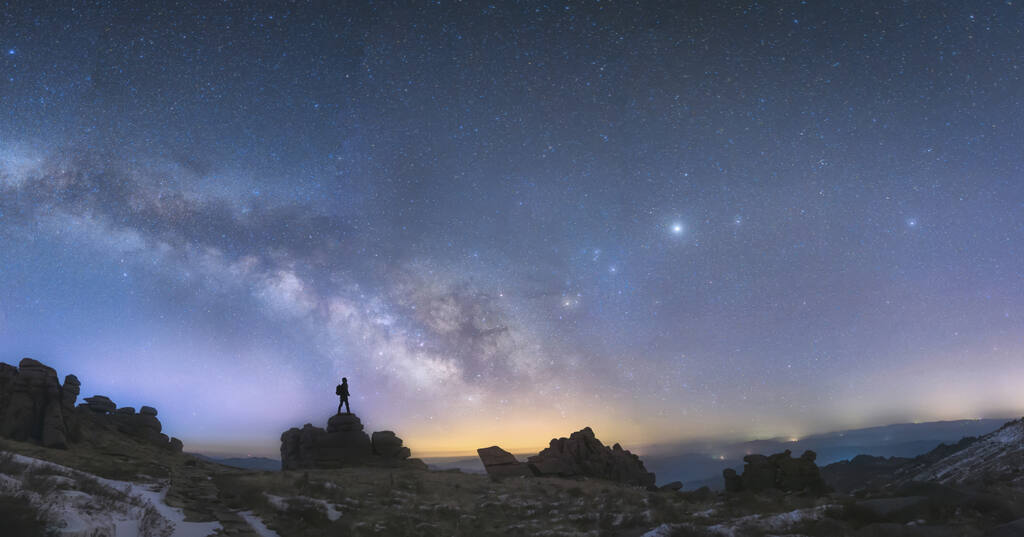WelCom May 2024
A reflection on life and the space that holds it
Fr James Lyons
Cemeteries used to be called churchyards, because that’s what they were – a place near the church for deceased parishioners. Like St Paul’s image of the body, the burial ground is an ‘earthenware vessel’ holding the treasured remains of people whose lives have been part of the life of the parish. It’s hallowed ground, a sacred space.
I was prompted to ponder more about this after seeing a gravestone inscription that read, THANKS FOR THE SPACE. What was it saying?
Thanks for the space here, this grave? Thanks for the space my life has filled? Thanks for the space – the time – in which I lived? Thanks for the space around me in which other people lived and walked and came close to me?
Probably all of this, and much more.
Thanks for the space. An acknowledgement that this space has been gifted. Thanks for the space that holds world and the universe, the sun and the stars and the air and the water and everything that contributes to and is necessary for my life.
Thanks for the space that announces my uniqueness; the space that no one else can fill. The space that holds my presence: this is me in this space, so different from you, yet linked to you – for my space can only be if I allow you to have your space. Thanks for the space that enables me to respect myself as a person and to respect you. Knowing my space brings me to know there are other spaces, just as good, just as important, just as necessary – for without them my space would cease to exist.
Thanks for the space. That can also be gratitude for the space you’ve been given to get to know yourself – and to make mistakes – and to learn – and to grow. By not interfering, people give you space to journey at your own pace. We speak of giving people ‘breathing space’, not crowding them or placing too many demands on them. The space, like a holiday or retreat, can be a time away from the normal routine, a pause in a busy schedule, a flash of insight, or a momentary lull in the rush of noise that fills your every day.
The gravestone message told of a woman’s gratefulness for what she had received, and of course we can apply that to our own situation. But our faith tradition offers another direction for thanks. We can thank God for us – for the space in which WE live; for the way we’ve been enriched, blessed and honoured by God. That’s a dimension of gratefulness not to be overlooked: to say THANKS FOR EACH OTHER’S SPACE as well as our own.
Thanks for the space where you are. For the model your life is for mine. For the gifts you bring to our world. For the witness you give to love, to compassion, to the strength of the human spirit, and to the wonder of our God through the divine image you portray.
Christians can be especially thankful for one particular sacred space – the empty tomb! The space that tells us Jesus is not there – he is risen! The Easter Vigil celebrates this space with the greatest joy, the Exultet proclaiming Christ Jesus coming back from death’s domain, shedding his peaceful light on humanity.
The prophet Isaiah has a word for us: ‘O God, you are the source of our being; we the clay, you the potter, we are all the work of your hand.’ Earthenware vessels – that’s us. Given space to stand and a time to be seen; holding the treasure that is life against the time we’ll be asked to pour it out, in loving surrender to the One who captures all space in an everlasting embrace.
James Lyons is a priest of the Archdiocese of Wellington.
